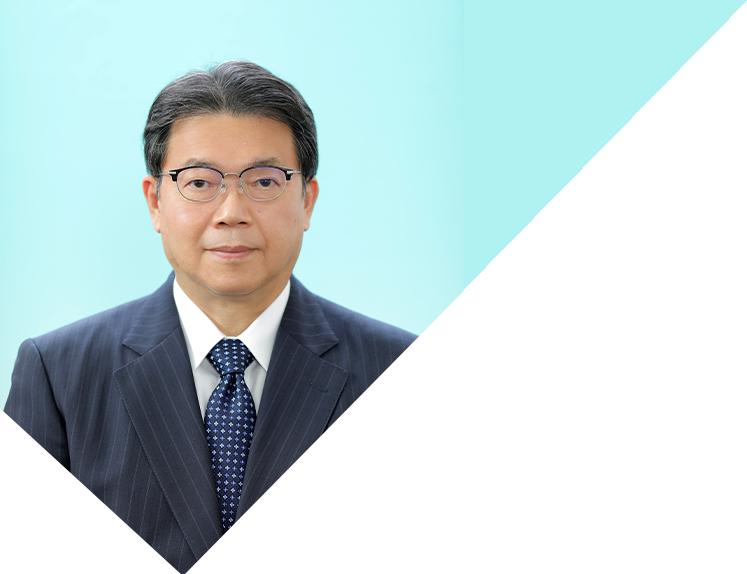UNIQUE FEATURESToward educating and training “competent physicians”
-
01 Educational system in compliance with our educational philosophy and objectives.
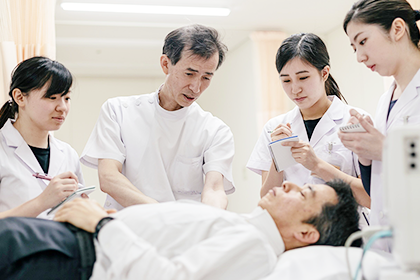
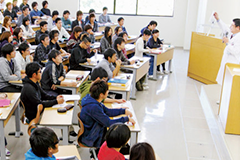
- Curriculums are designed and organized to build spiritually affluent characters and to obtain solid educational outcomes.
Education of specialized subjects, which are arranged in a well-balanced manner, is provided from the first year. - Second-year students are assigned to respective departments “Open a Door to Medical Studies” to engage in real experiences in research in order to sense the philosophy for “Profound Knowledge.”
- Third- and fourth-year students are given lectures of symptomatology and regional medicine in addition to integrated lectures by organ/function, and introductory training for clinical medicine to acquire fundamental clinical skills and attitudes necessary for clinical practice, which are assessed by OSCE(Objective Structured Clinical Examination).
- Fifth-year students are given participatory clinical training in small groups.
- Sixth-year students are given comprehensive lectures on an organ-by-organ basis to ensure the achievements of clinical training and organize knowledge necessary for national examinations, etc.
- Instructors in charge are assigned according to year and in small groups.
- Curriculums are designed and organized to build spiritually affluent characters and to obtain solid educational outcomes.
-
02Building rich human
relationships and learning the
importance of friendship
through the school residence system.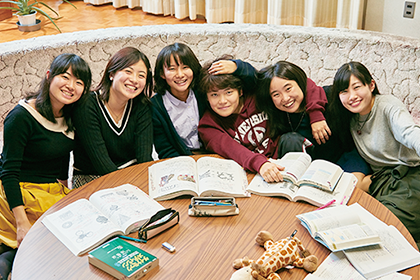
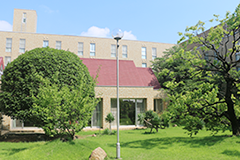
One of the features of our school is that it is mandatory for first-year students to live in a dormitory as the first step toward realizing the philosophy of “Liberal Humanity.”
Living with friends in the student dormitory is a great source of strength to acquire a rich sense of humanity, and the student dormitory is the best place for making lifelong friends.
The on-campus student dormitory, having private rooms and shared spaces, allows students to live a comfortable dormitory life in a quiet environment. -
03Research hub for state-of-the-art medical science and medical services.
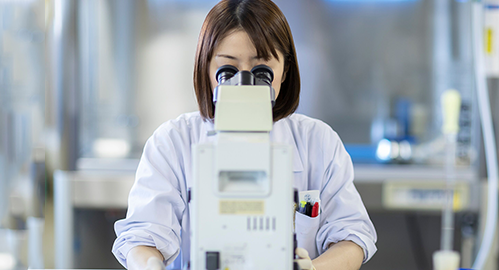
- MEDICAL RESEARCH DEPARTMENT,
GRADUATE SCHOOL - Persistent research efforts are made to keep up with the progress of modern medical science and to elucidate the pathological conditions of intractable diseases or unknown diseases.
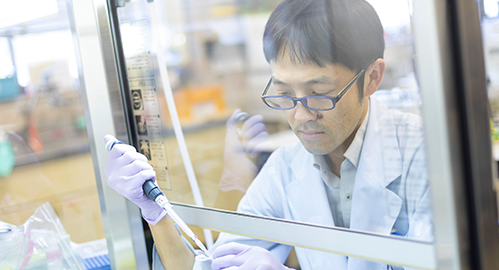
- CENTRAL RESEARCH INSTITUTE
- In order to address the sophistication and diversification of medical science and medical services, five units are placed in the Central Research Institute as a hub for joint research and research activities.
- Medical Bioresource Research Unit
- Molecular and Cellular Biology Research Unit
- Bioimaging Research Unit
- Radioisotope Research Unit
- Kawasaki Hospital Research Unit
- MEDICAL RESEARCH DEPARTMENT,
HISTORY
1970~
- Expo in Osaka
- Oil crisis
- Reversion of Okinawa
- Opening of Hakata-Okayama Sanyo Shinkansen
- Normalization of Japan-China diplomatic relations
- Opening of Narita International Airport
- March,1970
- Established a school corporation, Kawasaki Gakuen
- April,
-
Established Kawasaki Medical School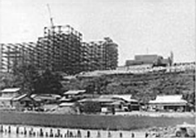
Established Kawasaki Senior High School Attached to Kawasaki Medical School - April,1973
- Established Kawasaki College of Allied Health Professions
- December,
- Established Kawasaki Medical School Hospital
- April,1974
- Established Kawasaki Junior College of Rehabilitation
- April,1976
- Established Kawasaki Medical Graduate School
- October,1979
- Established Emergency Medical Care Center
1980~
- Opening of Tohoku-Joetsu Shinkansen
- Start of consumption tax imposition
- Crashing of JAL airplane
- Collapse of Berlin Wall
- Breakup and privatization of National Railway
- Demise of the Emperor Hirohito
- December,1980
- 10th Anniversary Ceremony of Kawasaki Gakuen
- January,1981
-
Opened Medical Museum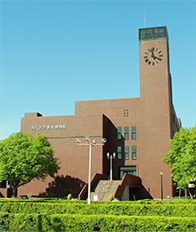
1990~
- Start of elderly care insurance system
- Return of abducted Japanese citizens
- September 11, 2001 terrorist attacks
- Iraq War
- Japan-North Korea summit
- Niigata-Chuetsu earthquake
- April,1991
- Established Kawasaki University of Medical Welfare
- October,
- 20th Anniversary Ceremony of Kawasaki Gakuen
- April,1994
- Kawasaki Medical School Hospital qualified as advanced emergency medical care center
- April,1996
- Established Kawasaki University of Medical Welfare
- June,
- Dr. Sukenobu Kawasaki, the founder of Kawasaki Gakuen, deceased
- December,1999
2000~
- Coronation ceremony
- Opening of Kansai International Airport
- Eruption of Gulf War
- Hanshin-Awaji earthquake
- End of the bubble economy
- Tokyo subway sarin gas attack
- April,2001
- Kawasaki Medical School Hospital started doctor's helicopter program
- September,2002
- Completed West Tower
of Kawasaki Medical School Hospital - April,2004
-
Completed Sukenobu Kawasaki Memorial Auditorium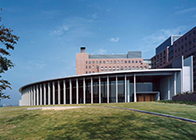
- April,2006
- Restructuring of the Kawasaki Junior College
of Rehabilitation to the "School Corporation Kuyo Gakuen" - March,2009
- Completed North Tower
of Kawasaki Medical School Hospital - October,2010
- 40th Anniversary Ceremony of Kawasaki Gakuen
- December,2016
- Opened Kawasaki Medical School General Medical Center

